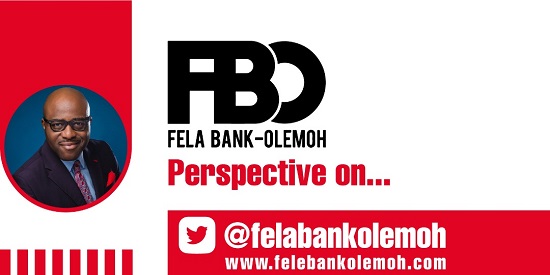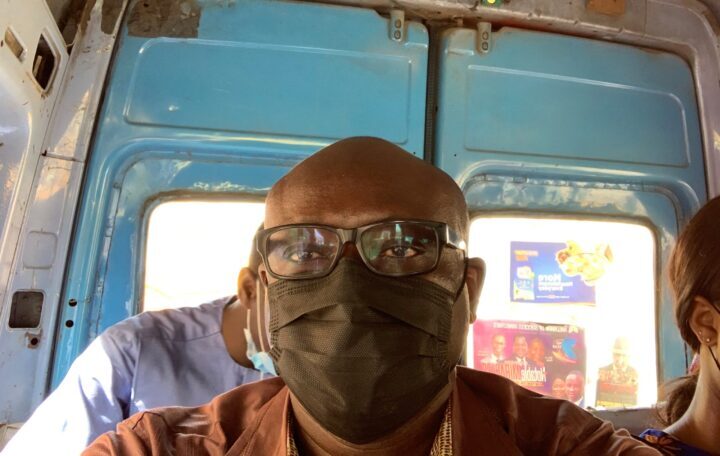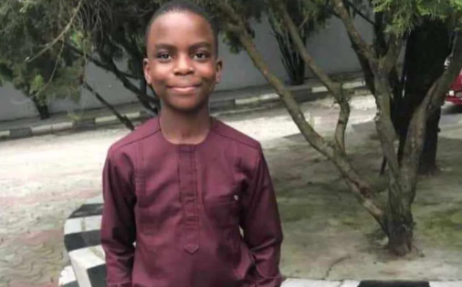Hi there,
If you recall in my last article, I shared my views regarding our current reality in the education sector in Nigeria. I also spoke about some of the reforms being carried out around the country – at the Federal and State levels. Finally, I reviewed one of Nigeria’s most daring and revolutionary Education Reforms to date – Chief Obafemi Awolowo’s free education program.
The current reality in our education landscape is very worrying. For us to start engaging these challenges we have to carry out some very uncomfortable educational reforms. The question is – are we prepared to implement the type of reforms that are urgently needed?. History has shown that these types of changes will be painful, cause a lot of discomforts and elicit resistance from various stakeholders.
“Change is hardest at the beginning, messiest in the middle and best at the end.” – Robin S. Sharma
Advertisement
BACKGROUND
The history of formal education in Nigeria can be traced back to Methodist missionaries who started the first primary school in 1843. A decade later, in 1854, some Christian missionaries started CMS grammar school in Lagos which became the first secondary school in Nigeria.
In 1914 after the amalgamation of the Northern and Southern part of Nigeria by Lord Lugard, there was a growing demand for schools. The rapid growth in education led to the establishment of the first Nigerian university in 1948 – The University of Ibadan.
Advertisement
EDUCATION IN NIGERIA
The 1999 Constitution of the Federal Republic of Nigeria as amended in section 18(1), (2) & (3) guarantees access to education at various levels. It states that;
- Government shall direct its policy towards ensuring that there are equal and adequate educational opportunities at all levels.
- Government shall promote science and technology.
- Government shall strive to eradicate illiteracy; and to this end Government shall as and when practicable provide-
- free, compulsory and universal primary education;
- free secondary education;
- free university education; and
- free adult literacy programme.
Section 18(3) emphasizes that free education is provided ‘as and when practical’ at all levels. The question is – with our current resources, structure and mode of government, is it possible for Nigeria to provide free primary, secondary and tertiary education?. The answer to this question has elicited different responses depending on the side of the divide you find yourself. However, if we aspire to transform Nigeria’s education system, there are certain tough issues we must address.
SO WHAT NOW?
Advertisement
With the background I have provided, here are some of the tough issues we need to address if we want to transform our education system;
1. Public-Private Partnership (PPP)
Nigeria has had varying levels of success with this approach. However, the reality is that PPP needs to be more comprehensive, extensive and well-established in our education system. The Charter school framework is a possible solution we may need to embrace. It is a system in which government retains ownership of the school while daily operations are outsourced to private sector.
Our Unity school, Technical and Vocational Education and Training (TVET) centres, State and Federal owned schools amongst others may need to embrace this framework as it would drastically improve the state of our education system. The Nigerian government cannot solely solve our education challenges; PPP is critical.
Advertisement
2. Tertiary Institutions
There are several schools of thought on how to effectively manage Nigeria’s tertiary education system but I want to focus on three (3).
Advertisement
The first school believes that we should maintain the status quo, meaning – the federal and state governments should drastically increase budget allocation to our tertiary institutions. We have been utilizing this framework for decades now, we have to ask ourselves how effective it has been?.
The second school of thought posits that tuition subsidies should be eliminated from some government-owned tertiary institutions, allowing them to charge appropriate fees. This means that the fees charged at these institutions will be comparable to those charged by private tertiary institutions.
Advertisement
The third school of thought believes that tertiary institutions in the country should have complete autonomy in terms of operations and management.
I believe we have to find a middle ground between all of these schools of thought but one thing is clear – we cannot continue along this current path. This current framework that results in incessant strikes, shutting down of schools is not sustainable – we are definitely short-changing our nation.
Advertisement
3. Student Loans
We currently don’t operate a student loan scheme but many countries around the world have been running such programs for decades. It may be high time we explored this option. If we are considering eliminating tuition subsidies from our tertiary institutions, a student loan plan must be implemented. It must be administered transparently and objectively. It must also be run by the private sector with strong government regulations and monitoring.
So, the points above are some of the issues we have to engage if we want to reform our education system in Nigeria. Engaging these issues would make various education stakeholders uncomfortable, face opposition and pushback, but the current system does not address our needs as a nation.
“No nation can rise above the level of its education and if we don’t want to be left behind, we must begin to fix the sector, as the future of the country is at stake”- Ene Okoro
Till the next time we meet here, remember we all have “A Role to Play.”
Bank-Olemoh is the senior special assistant to the president on education interventions
Views expressed by contributors are strictly personal and not of TheCable.






